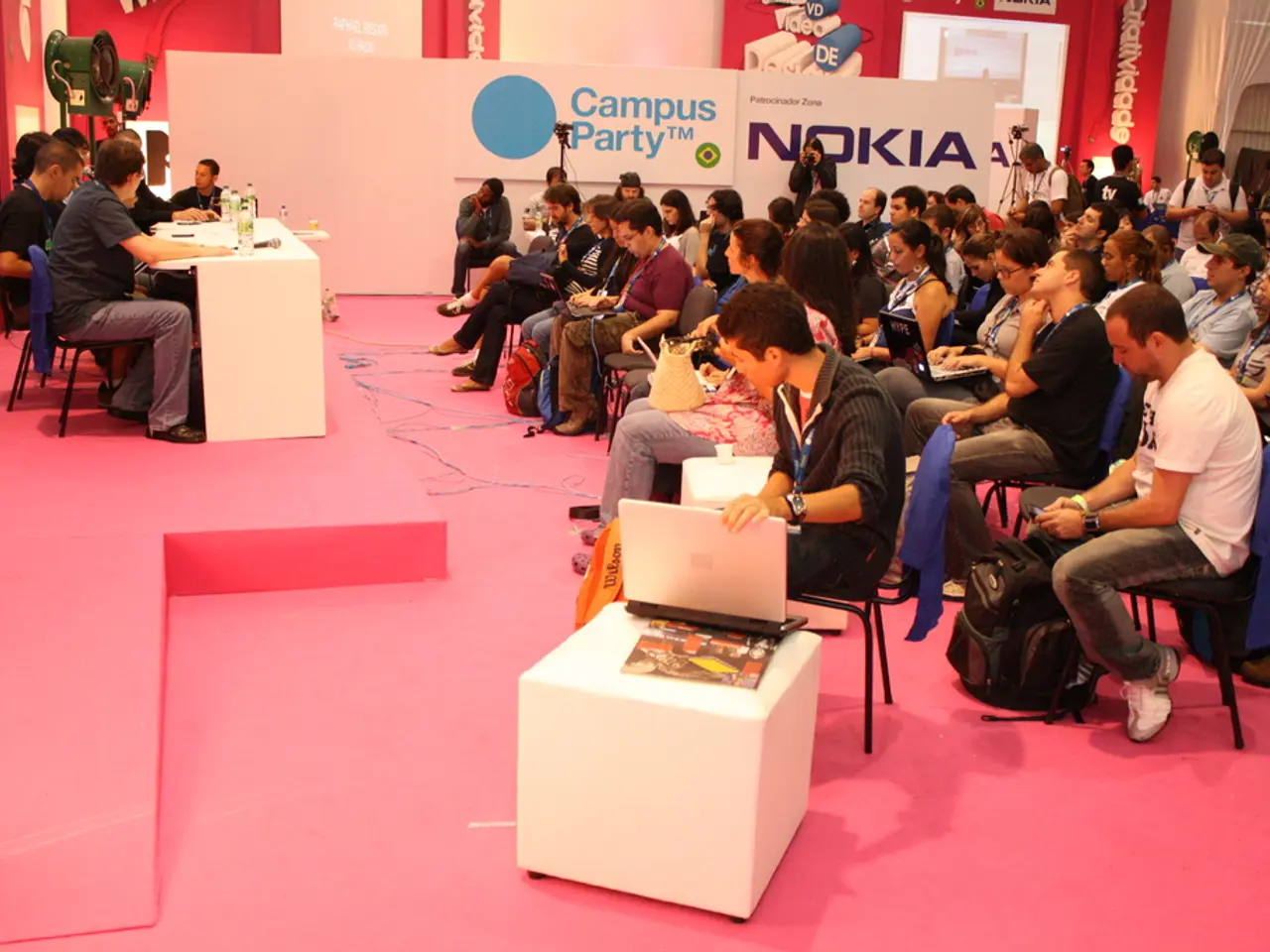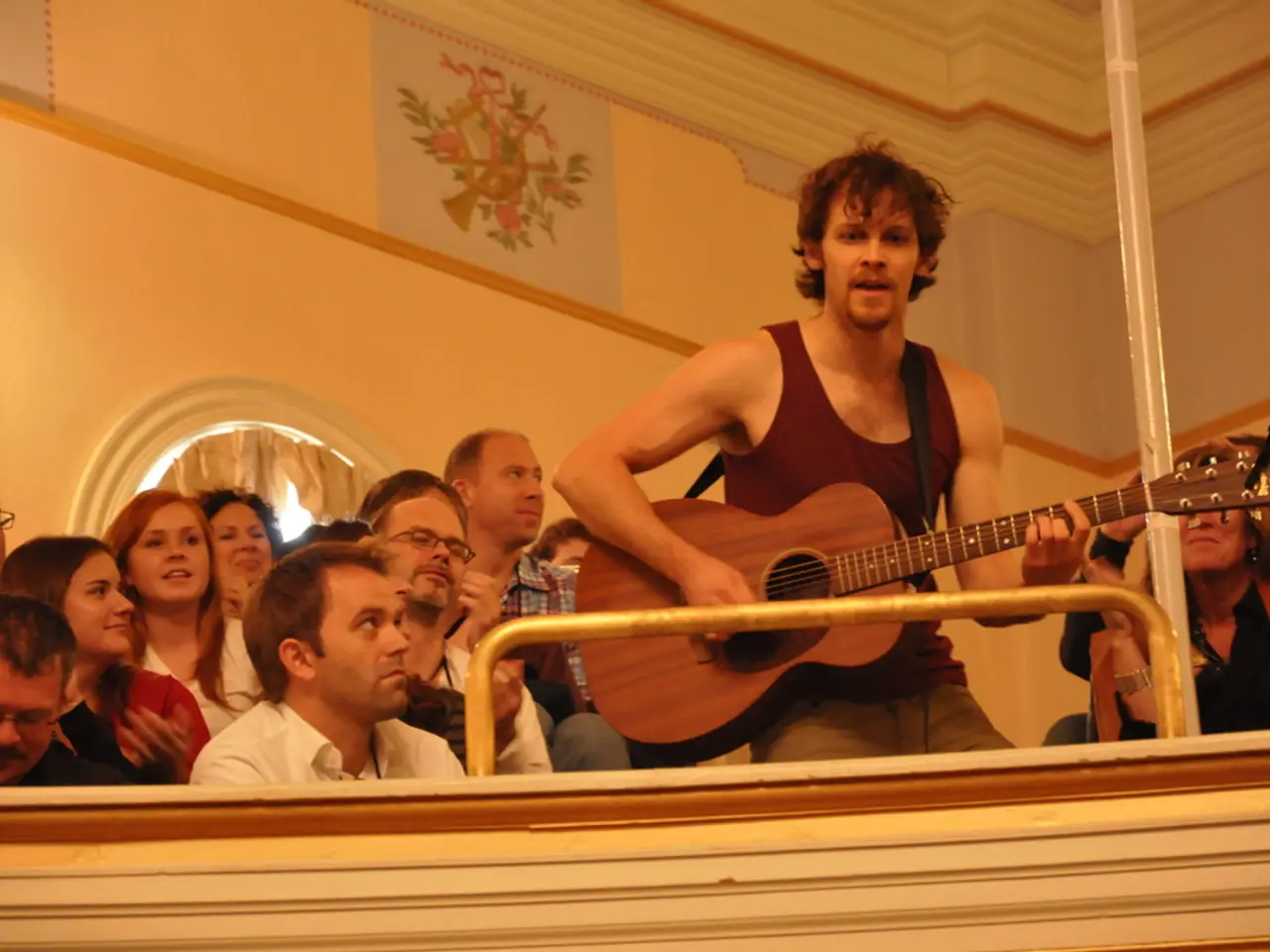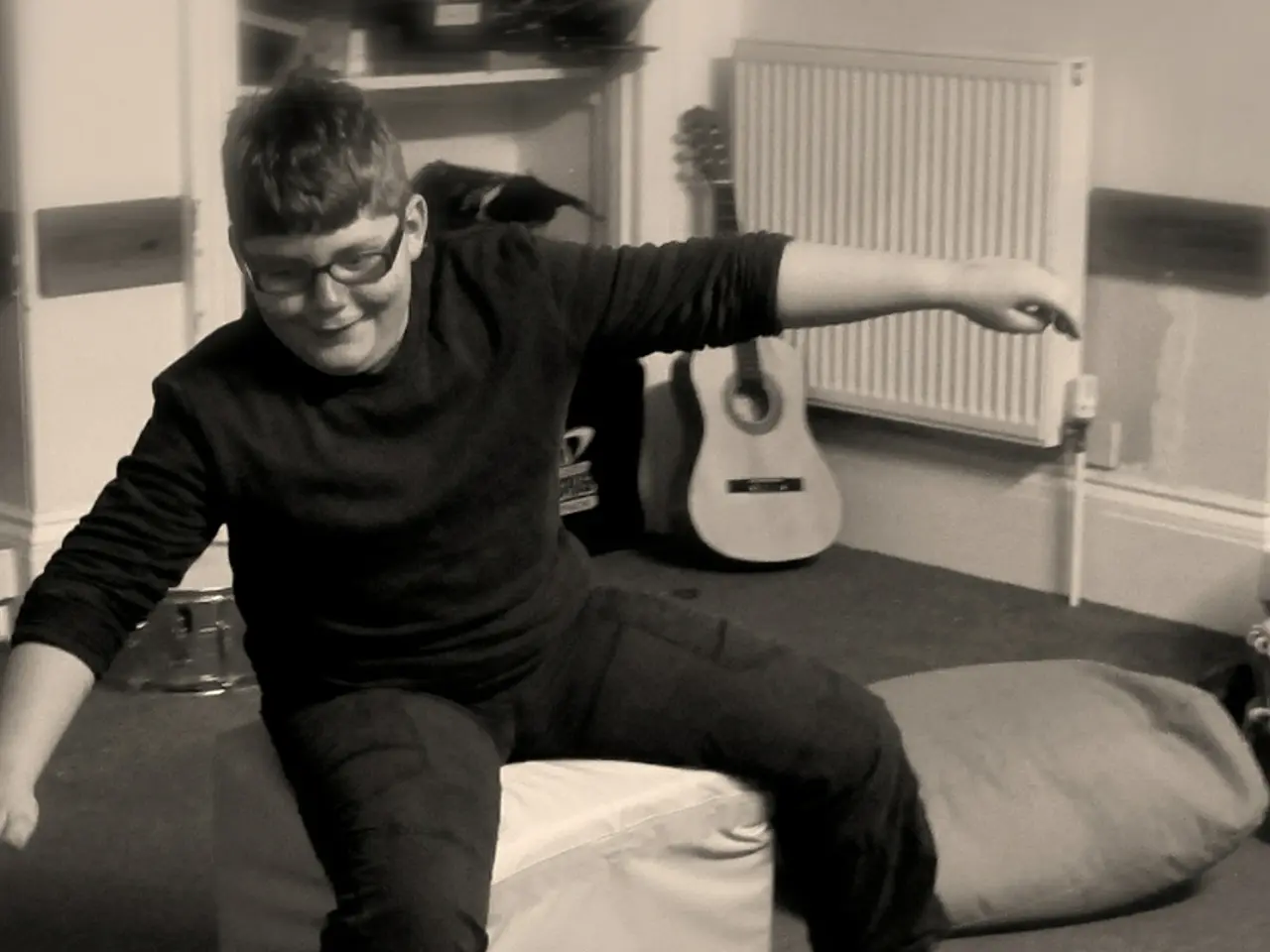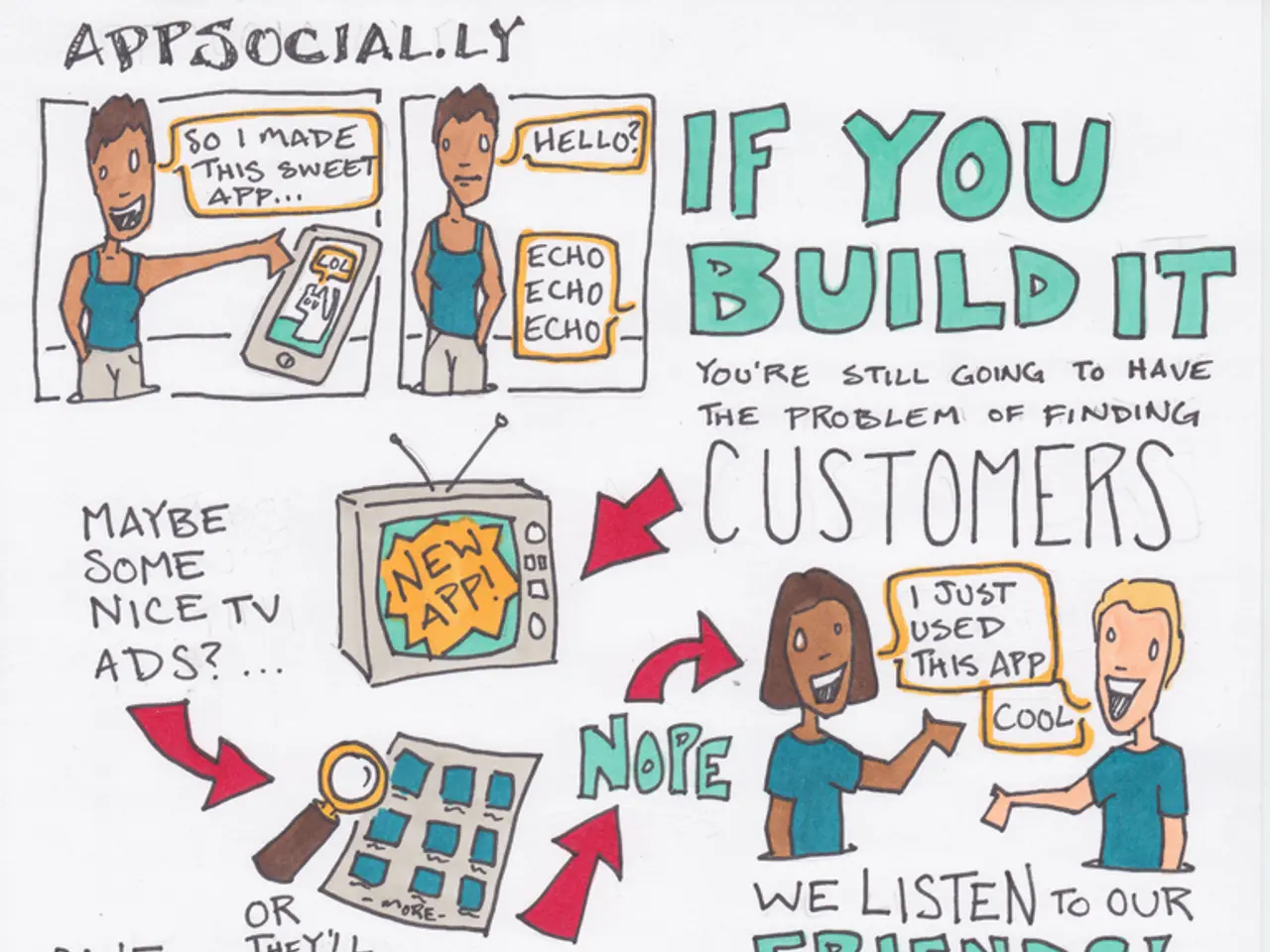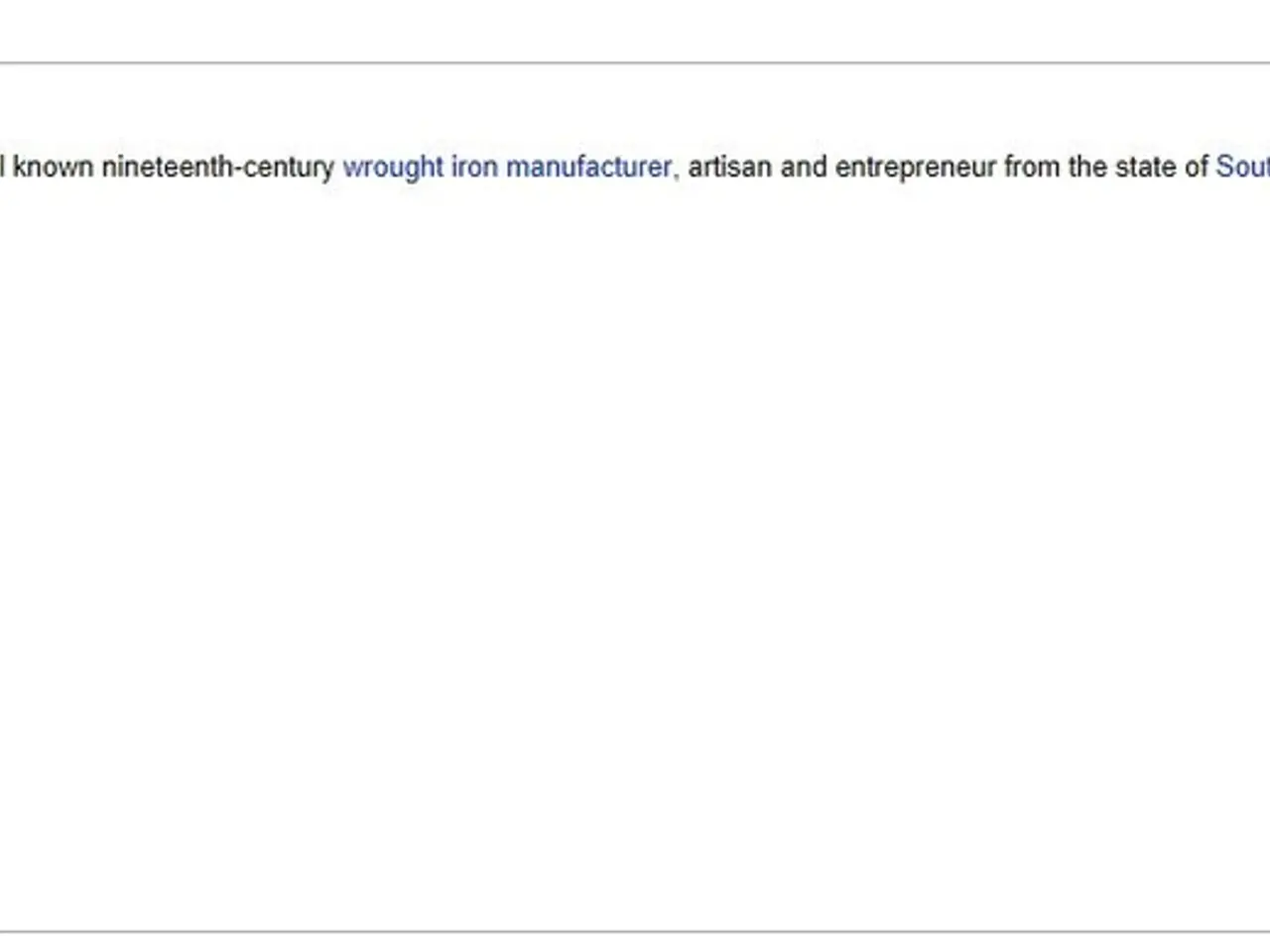Impact of Popular Culture on the World of Entertainment
In the ever-evolving world of entertainment, pop culture has proven to be a driving force, reshaping industries across film, television, music, and fashion. This transformation has been marked by innovations in production, distribution, and audience engagement, as well as significant impacts on industry economics and aesthetic trends.
In the realm of music, iconic figures like Madonna have left an indelible mark. Pioneering simultaneous multi-format album releases and groundbreaking music video production, she fundamentally changed the commercial and creative landscape of pop music. More recently, artists such as Harry Styles have impacted fashion through viral social media trends linked to their imagery and music videos, greatly influencing retail fashion demand and style norms.
Television has seen a similar evolution, with sitcoms moving from the simple, live-audience filmed shows of the 1950s, like I Love Lucy, which introduced the multi-camera setup, to more diverse and socially conscious formats from the 1960s onward. This evolution reflects broader cultural changes and technological advancements, turning sitcoms into key vehicles of cultural commentary and engagement.
The film industry has also felt the impact of pop culture, with the rise of television in the mid-20th century posing a serious competitive threat. Innovations such as location shooting ("runaway" productions) and relaxed content restrictions allowed for more creative freedom and diversification of film content, enabling the industry to adapt and survive amid new media competition.
Fashion has not been immune to the influence of pop culture icons, who have directly impacted trends through their public appearances and media. Amplified by social media platforms that spread these styles rapidly and globally, pop culture figures like Harry Styles have been known to drive real-time shifts in fashion markets.
Moreover, synergy across entertainment sectors—such as music collaborations, franchises, and cross-media marketing—has magnified pop culture's impact, creating powerful cultural phenomena that shape consumption patterns and industry practices.
The globalization of pop culture has led to new opportunities for artists to collaborate on international projects. Advancements in technology, such as virtual reality, augmented reality, and artificial intelligence, will create new opportunities for storytelling and immersive experiences in pop culture. The future of pop culture will be shaped by new voices and perspectives that reflect the diversity of society.
Pop culture has had a significant impact on film and television, shaping storytelling approaches as well as character development. The global reach of pop culture has led to a more interconnected world where people can share their love for music, fashion, film, television, and social media across borders.
Conversations around representation and diversity in entertainment have been sparked by the global reach of pop culture, with audiences demanding more inclusive storytelling. Pop culture will continue to drive conversations around important social issues while providing escapism and entertainment for audiences around the world. The influence of pop culture on entertainment will be driven by changing consumer habits and preferences, with streaming services continuing to dominate the way people consume media.
Pop culture's influence on fashion is evident, as icons like Madonna and Harry Styles have transformative effects through their public images and music videos, causing viral trends that sway retail demand and style norms. Synergy among entertainment sectors, such as music collaborations and cross-media marketing, further bolsters pop culture's power, creating widespread cultural phenomena that shape consumption patterns worldwide.
